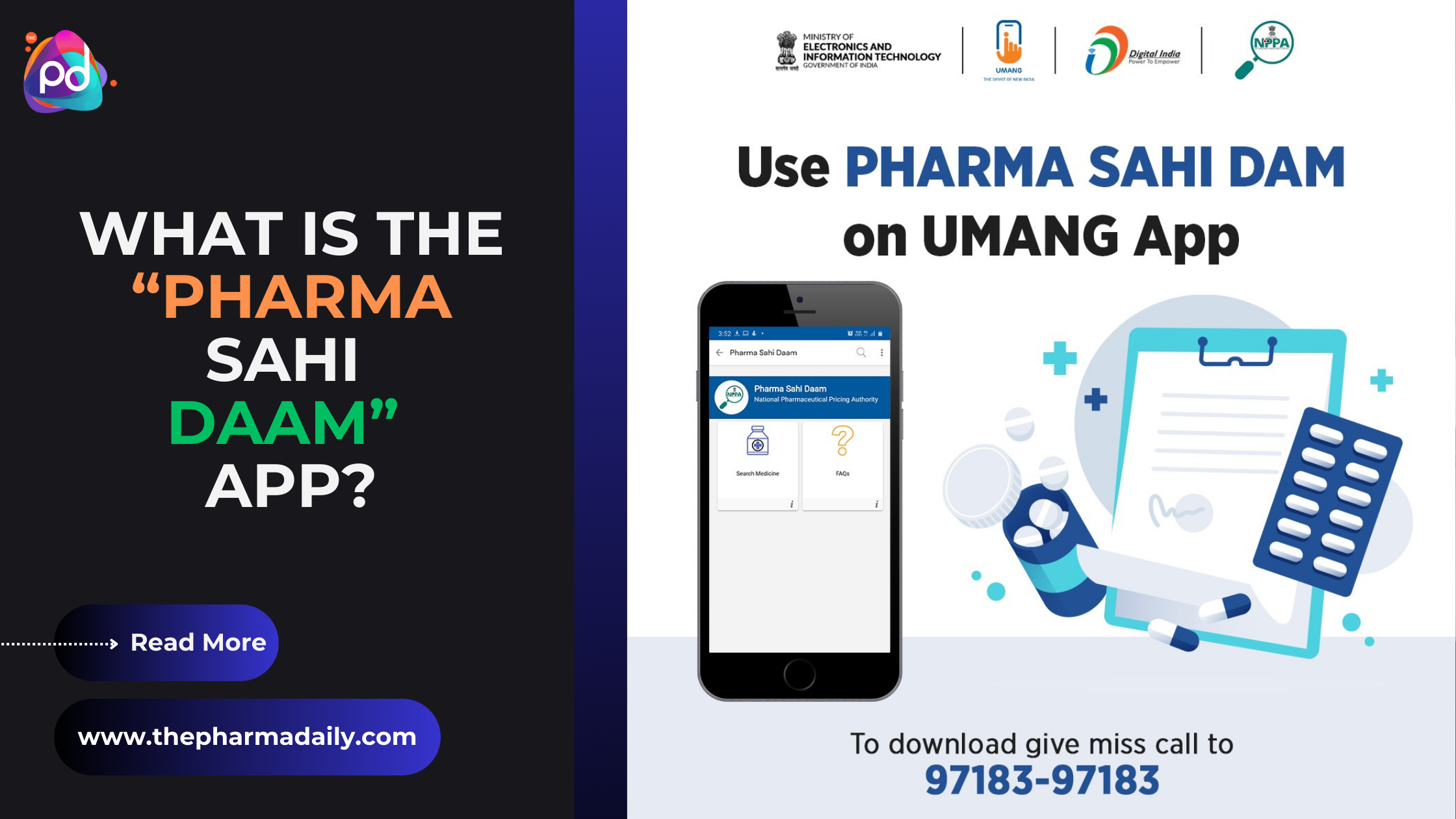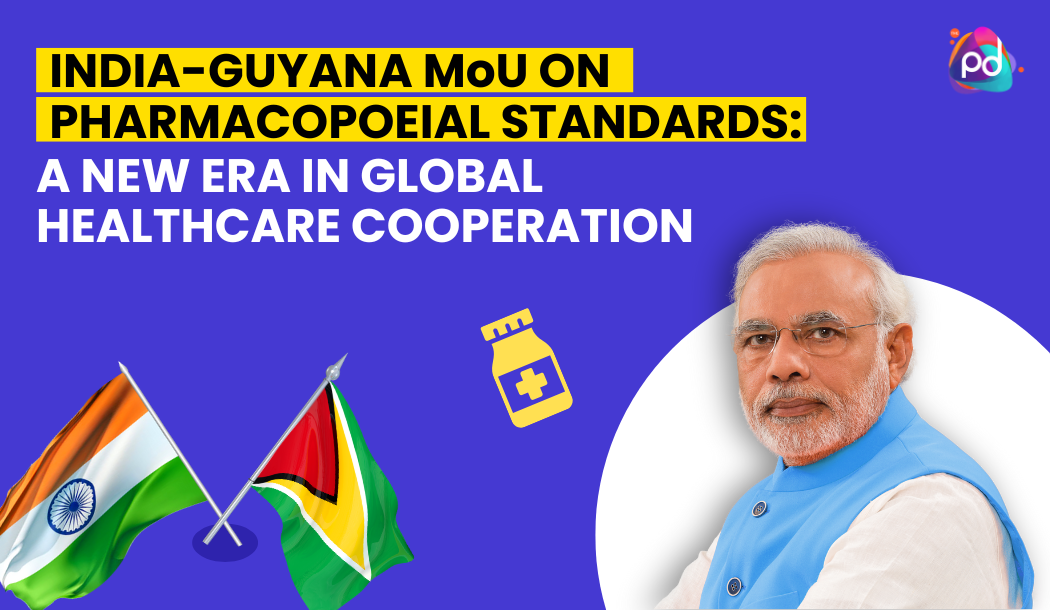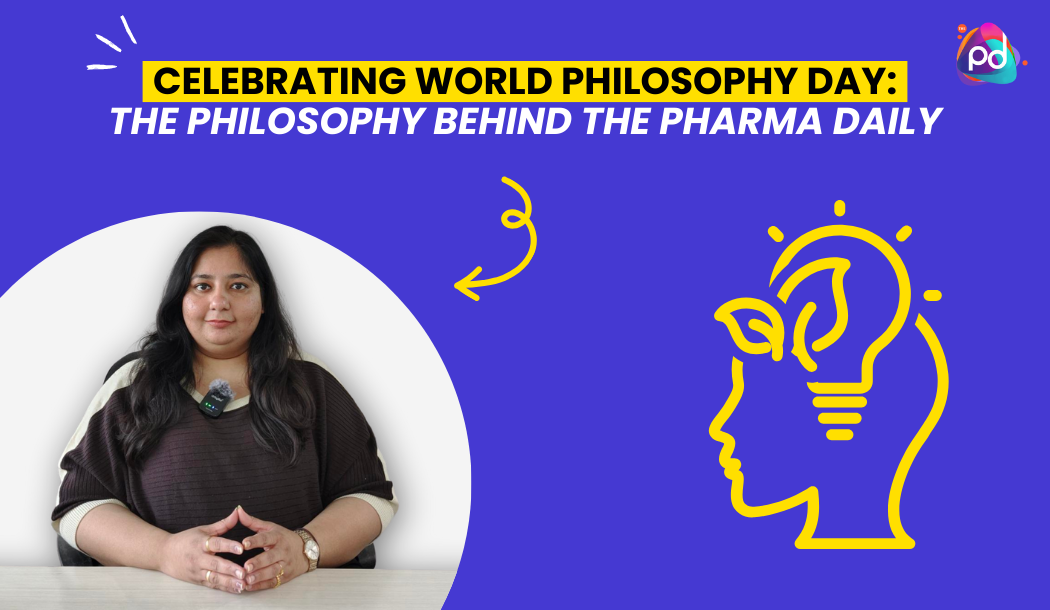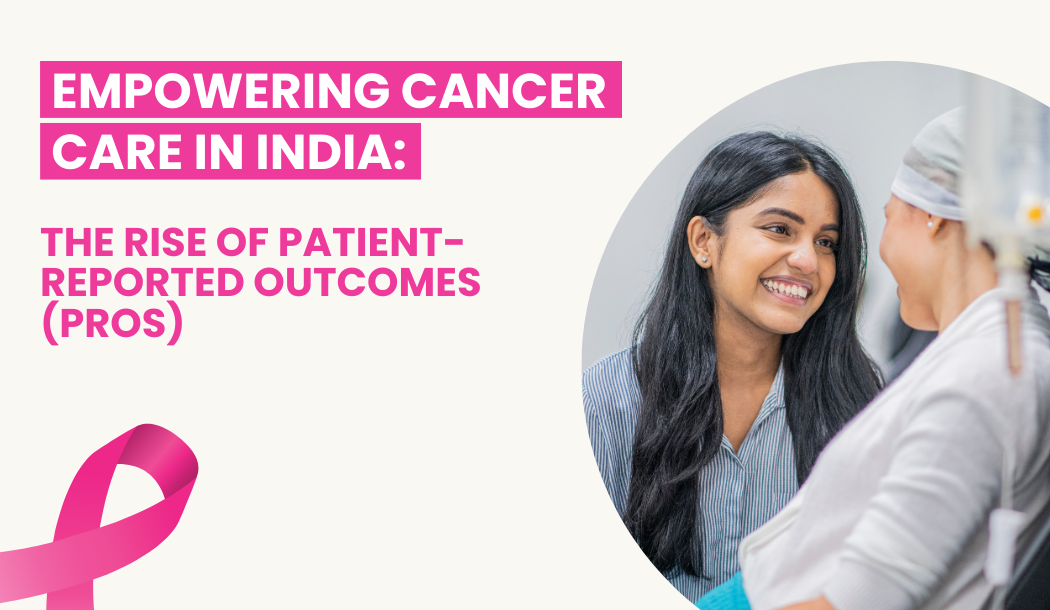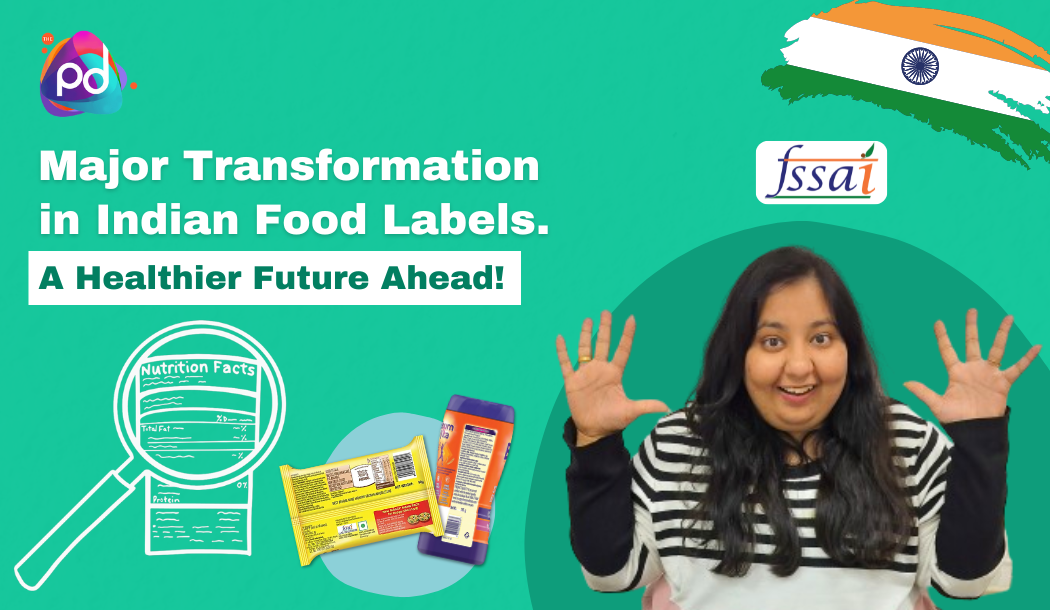Pharma Sahi Daam App: Revolutionizing Medicine Price Transparency in India
How Does Pharmacovigilance Work?
Pharmacovigilance involves collecting and analyzing data from various sources to detect and assess potential medication-related issues. Its goal is to ensure the safety and effectiveness of drugs, benefiting public health by preventing adverse events and ensuring the continued safety of pharmaceutical products.
Understanding Pharmacovigilance
Pharmacovigilance, or just PV for short, is like the healthcare watchdog. Its mission? To spot and address any unexpected hiccups or side effects that might crop up when you're on medication.
Let's break down the mechanics of this watchful process:
1. Data Collection: First off, we need intel. Data is gathered from various sources, including healthcare providers, patients, and even pharmaceutical companies. If someone experiences an unusual reaction to a medication, this is where it all begins.
2. Data Entry: All that gathered information is cataloged in databases. It's like assembling pieces of a jigsaw puzzle, where the puzzle is your health.
3. Data Assessment: Experts dive into this treasure trove of data and look for any odd patterns or potential red flags. They assess how serious a side effect is and whether the medication might be the culprit.
4. Signal Detection: Think of this as the alarm system. Advanced software helps pick up any unusual activity, such as a sudden surge in reports about a particular medication.
5. Risk Assessment: When an issue is flagged, it's time for a deep dive. Experts weigh the benefits versus the risks of the medication. If the balance tips too far in favor of risks, changes are made.
Reporting and Analysis
Reporting is a cornerstone of pharmacovigilance. Doctors, patients, and pharmaceutical companies share any concerns about medications. This keeps everyone informed and speeds up problem-solving.
Regulatory Side of Things
Pharmacovigilance isn't a wild west show. It has rules and regulations that are as tight as a drum. Regulatory agencies like the FDA and EMA make sure everyone's playing by the book.
Why is Pharmacovigilance important?
So, why should you care about pharmacovigilance? Well, it's like having a safety net when you're tightrope-walking without a net (not as dramatic, but you get the idea). Here's why it's a big deal:
- Keeps you safe by spotting issues early.
- Helps healthcare pros make informed decisions about your treatment.
- Watches over meds throughout their lifecycle.
- Ensures that meds on the market are safe and effective.
In Conclusion
Pharmacovigilance might have a complex name, but it's essentially the superhero squad that keeps your meds in line. Think of it as the guardian angel watching over your health.
From gathering data to spotting issues and everything in between, it's a critical part of healthcare. Understanding how it works empowers us to make informed choices about our treatment.
So, the next time you pop a pill, tip your hat to the unsung heroes of pharmacovigilance working tirelessly behind the scenes to keep you safe and sound.



